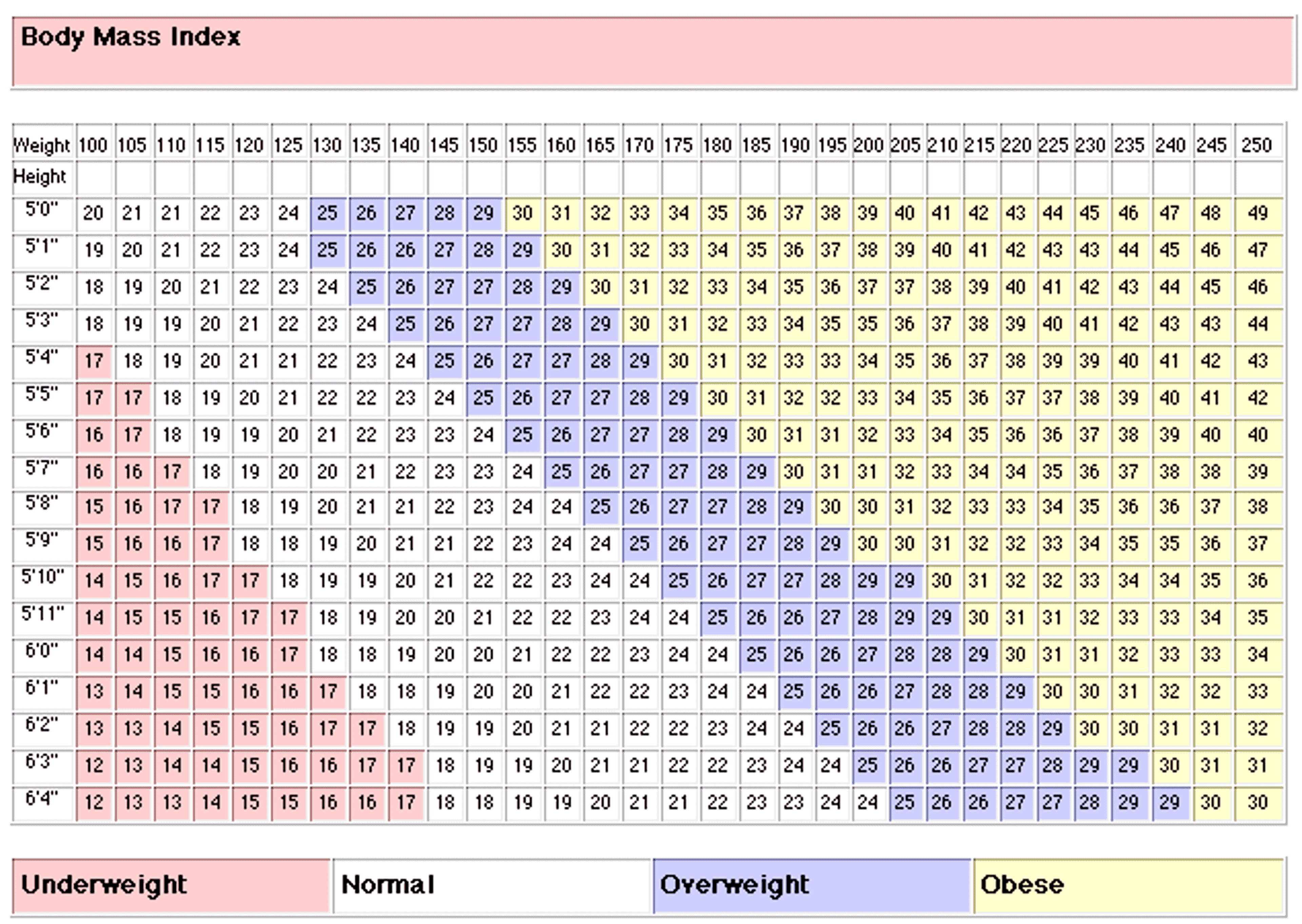Know your health numbers and understand what they mean

Carly Getz
| 2 min read

A few weeks ago I went to my doctor to get my “numbers” checked for the first time. As you may know, “numbers” in the health care world refers to key health indicators such as blood pressure, cholesterol and BMI. At the end of my appointment, my doctor showed me my results, a complicated document with small font and acronyms I’d never seen.
These numbers represent my health status and help predict future, often preventable issues. But what good do they do if I can’t understand them? How do I know if I’m “normal”?
Many of you may already know the basics. But for those new to this, like me, I did some research. Here’s the gist of what you need to know to understand your numbers:
- Blood Pressure: Blood pressure is typically recorded as two numbers, written as a ratio. The top number measures systolic blood pressure, the pressure in the arteries when the heart beats. The bottom number measures diastolic blood pressure, the pressure in the arteries when the heart rests between beats. According to the American Heart Association, a normal systolic level is less than 120 mm Hg and a normal diastolic level is less than 80 mm Hg.
- Cholesterol:There are two types of cholesterol, “good” and “bad,” and a cholesterol test measures both. HDL (good) cholesterol helps prevent LDL (bad) cholesterol from clogging your arteries. Because of this, it’s optimal to have low LDL cholesterol (less than 100 mg/dL) but high HDL cholesterol (60 mg/dL and above). A typical screening also measures your triglycerides, a type of fat found in your blood. A normal triglyceride level is less than 150. Nearly 1 in every 2 American women has high or borderline high cholesterol.
- Body Mass Index (BMI):BMI is calculated from a person’s weight and height, used to categorize weight to predict and prevent health problems. According to the American Cancer Society, a normal BMI is 18.5 to 24.9. You can calculate your BMI with this chart:
If you’re concerned about any of your numbers, talk to your doctor about what lifestyle changes you can make to prevent illness. Don’t be intimidated to ask questions – your doctors will be happy that you’re interested in better understanding and controlling your health.
Photo Credit: Stanford University School of Medicine





